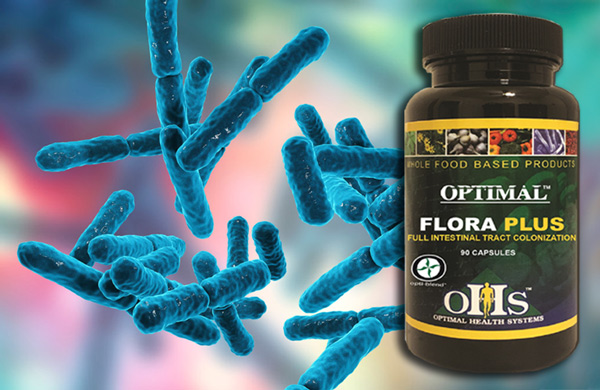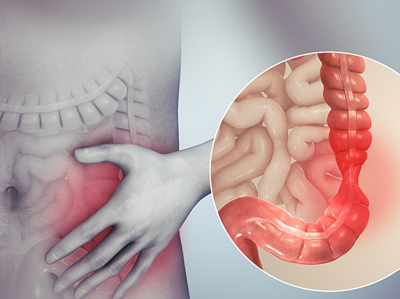A new randomized study has again proven the “clinical efficacy” of probiotics in supporting different digestive conditions.
The new clinical trial determined that two different probiotic strains were able to both reduce abominal pain related to Irritable Bowel Syndrome (IBS) and to significantly improve quality of life.
The study results were published in Nutrients in January, 2020.
Often difficult to diagnose and treat
IBS is a functional disorder of the gastrointestinal tract and is characterized by chronic or recurrent abdominal pain and altered bowel habits.
Since IBS is actually a group of symptoms—including changes in bowel movements that can be caused by a number of factors—it is often difficult to diagnose. About 10 to 15% of people in the developed world are believed to be affected by IBS.
The study, which is being hailed as the sixth-largest trial of its kind, involved over 300 participants who took one of the two probiotic strains over a six week period.
Study participants took the allotted product orally, once daily before a meal, with a glass of water. Participants ranged in ages between 18 and 70 years.
The study was sponsored by US probiotic manufacturer UAS Laboratories, and was conducted by Vedic Lifesciences at 12 different locations in India.
Though industry sponsored, the research was performed under strict placebo-controlled, double-blind, randomized study conditions.
The primary outcome determined by the study was an improvement in the Abdominal Pain Severity/Numeric Rating Scale–a standardized system for measuring pain levels. Compared to a placebo there was significant improvement in both probiotic groups.
Other improvements
In addition, the study’s authors noted a significant “normalization in stool consistency” in both probiotic groups over time and as compared to placebo.
Specific study details can be found at MDPI.com here.
“Both probiotic strains helped improve total symptomology as per the validated questionnaire, with changes that could be classified as clinically significant,” wrote Christopher Martoni and Gregory Leyer from UAS Labs (USA) and Shalini Srivastava from Vedic Lifesciences (India).
Conventional medicine considesrs IBS a “non-curable disease.” Patients are typically told that only the symptoms can be treated—most often with pharmaceutical drugs.
The Wikipedia page on IBS states: “There is no known cure for IBS. Treatment is carried out to improve symptoms. The medication loperamide may be used to help with diarrhea while laxatives may be used to help with constipation. Antidepressants may improve overall symptoms and reduce pain.”
On the other end of the spectrum, naturopaths and other herbal practitioners caution that prescription drugs themselves can add to the underlying digestive issues—and instead recommend nutritional supplements along with diet changes.
Billions of viable organisms
For those opting to support IBS with probiotics, this new study adds further evidence that dramatic results can be achieved.
The results observed in the study were accomplished with daily doses of 10 billion CFUs (total viable organisms).
Optimal Health Systems has promoted the importance of supplementing with multiple strains for over two decades. That’s why its top-selling Flora Plus contains nine strains of stabilized probiotics.
Learn more about Flora Plus here.
– – –
Sources: Nutrients (MDPI.com), NutraIngredients-USA.com, Wikipedia.org.



